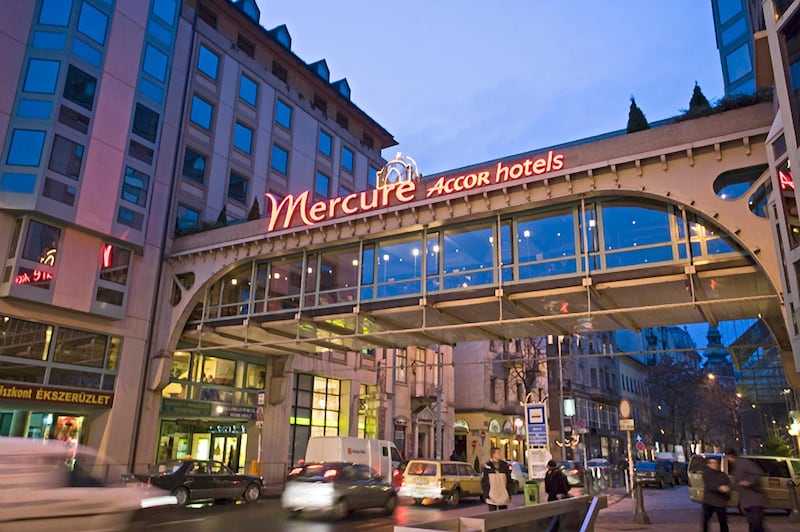France's AccorHotels, the largest operator of hotels in Europe, completed the acquisition of Movenpick Hotels and Resorts, as the operator positions itself for further growth.
“This is an important deal for us as it complements our strategy to focus on asset-light businesses - Movenpick is a management company,” Chris Cahill, deputy chief executive of AccorHotels global, and head of luxury brands, told reporters in Dubai. “It also fits within a fast-growing category of our brand portfolio (above our upscale and below our upper-upscale brands) and gives us additional presence, primarily in the Middle East and Africa.”
In April, Riyadh-listed Kingdom Holding, which is controlled by Prince Alwaleed bin Talal, and its partners said they were selling their 5.7 per cent stake to AccorHotels. Mr Cahill said the French lodging group, which operates several brands in 100 countries, paid €482 million ($558 million) for complete the deal.
Accor adds Movenpick’s 84 hotels to its portfolio under the deal, including 51 across the Middle East and Africa and a further 18 in the pipeline. Prior to the deal, Accor had 222 hotels across MEA, and 125 in the pipeline. Globally, the group operated 4,500 hotels prior to the deal.
_______________
Read more:
[ Revenue declines in May for Mena region's upmarket hotels, says EY ]
[ Abu Dhabi hotel occupancy climbs to 87.9 per cent in April ]
[ AccorHotels takes over Fairmont, Raffles owner FRHI ]
_______________
There is a trend for consolidation in the hospitality industry, Mr Cahill added, and Accor “will continue to look at other acquisition opportunities to build our portfolio”.
He declined to say how much the group has set aside for investment, but noted that an agreement in February to sell 55 per cent of its AccorInvest property business to a group of sovereign and institutional investors for $5.3 billion is intended to help accelerate the group’s planned growth.
The company acquired FRHI Holdings, owner of the Fairmont, Raffles and Swissôtel chains, in 2015 in a deal valued at $2.9bn, swelling a portfolio that already included the Sofitel, Novotel, Pullman, Rixos, Grand Mercure and Banyan Tree brands, among others.
Hotel revenues across the Middle East and North Africa have eased in recent years because of low oil prices denting consumer spending power, and rising supply of hotel keys as the market matures. However, in many markets including the UAE, hotel occupancy rates have held up indicating continued demand, according to advisory firm EY’s latest Mena hotel report, published in August.
While average hotel revenues across Mena have declined about 11 per cent, according to EY, Mr Cahill told reporters the market is “pretty close to the bottom”, with growth opportunities in the region, particularly in the UAE, Saudi Arabia and Africa.
“There is a supply and demand imbalance at the moment, but demand is rising so I think it will correct itself," he said. "I wouldn’t be too concerned about there being a continued decline [in revenues] beyond 2018.”






